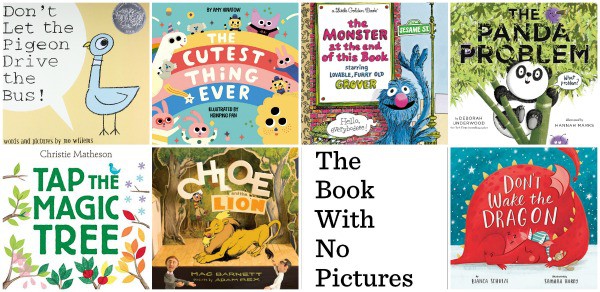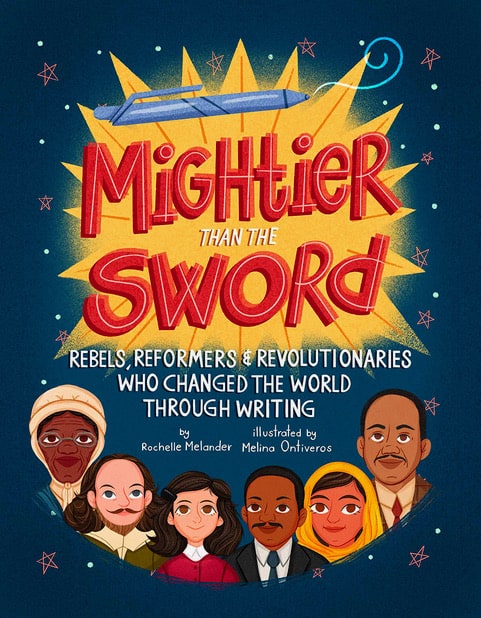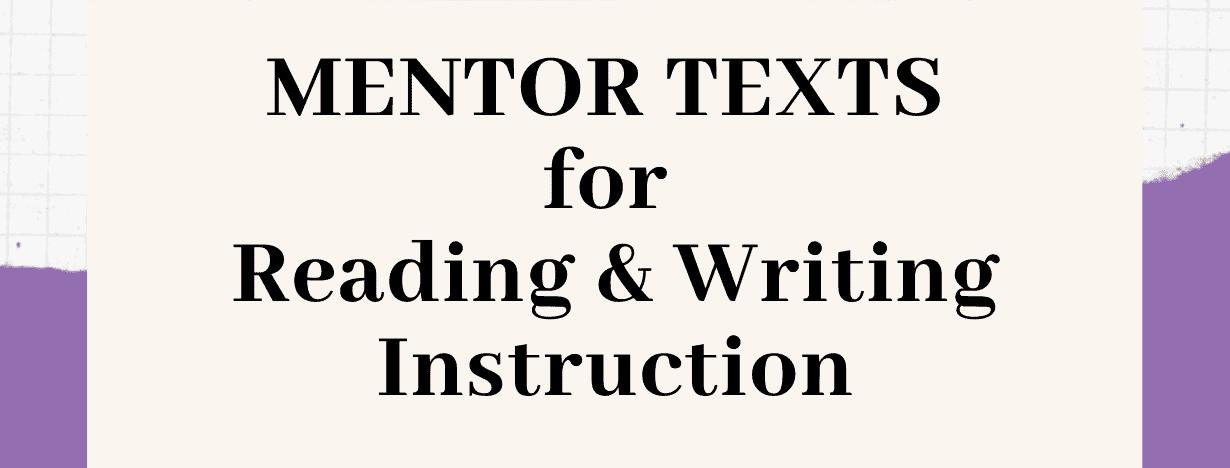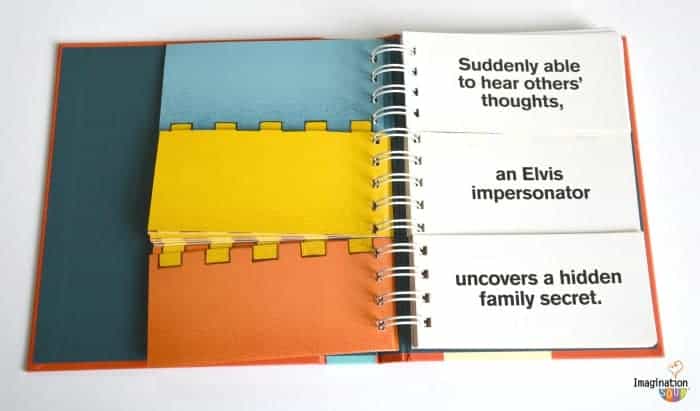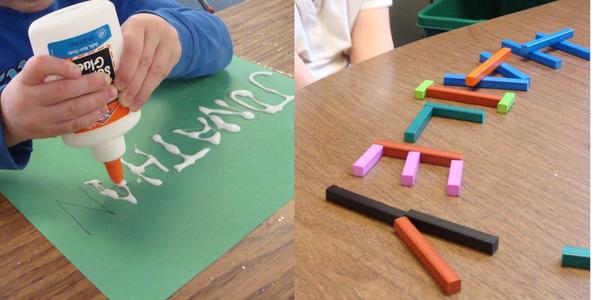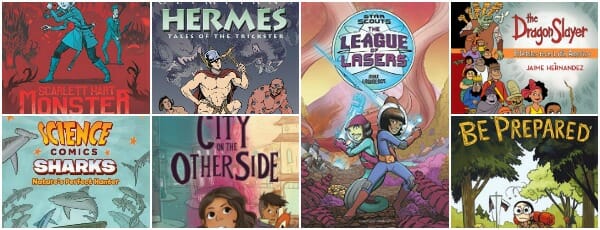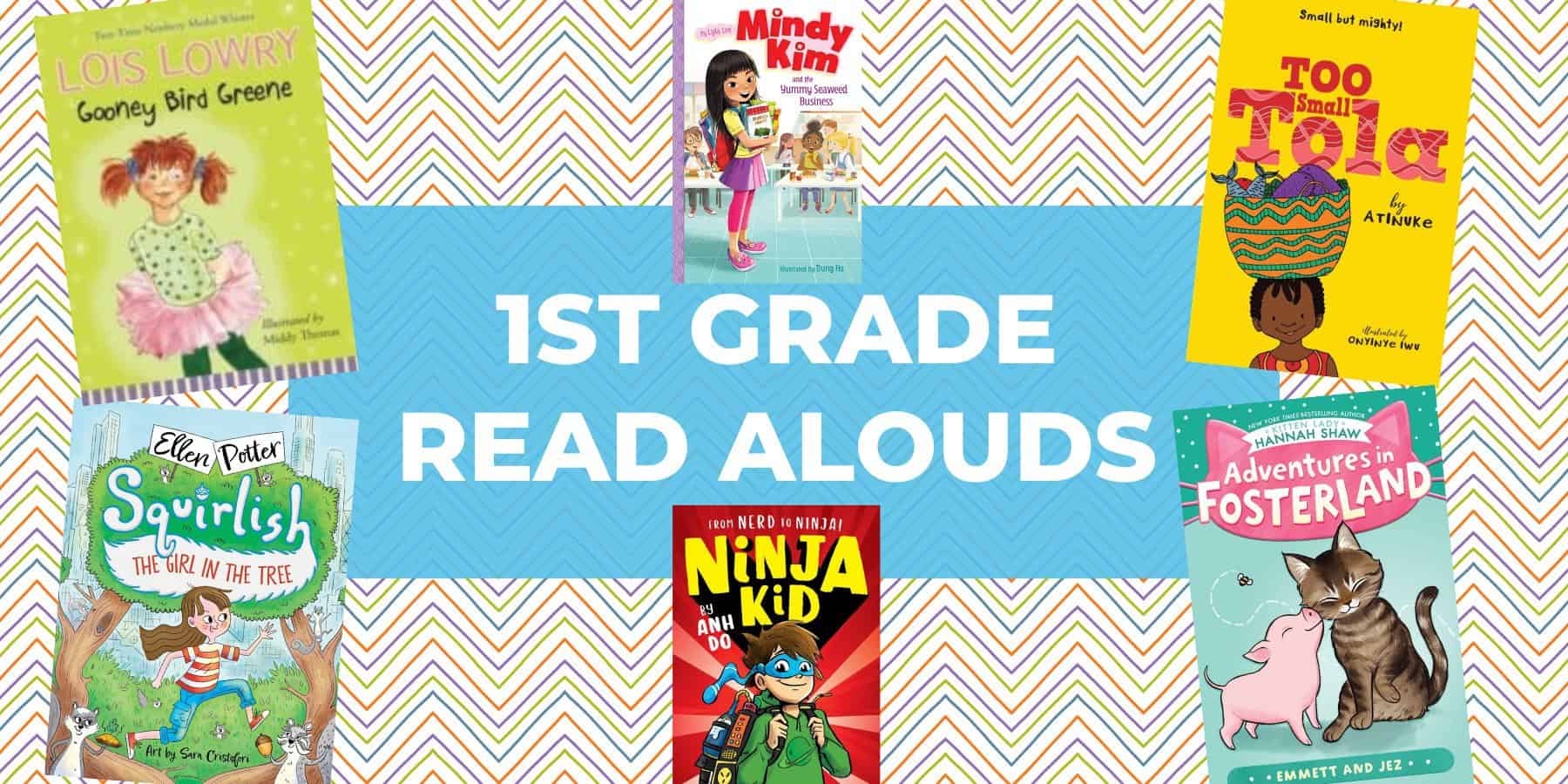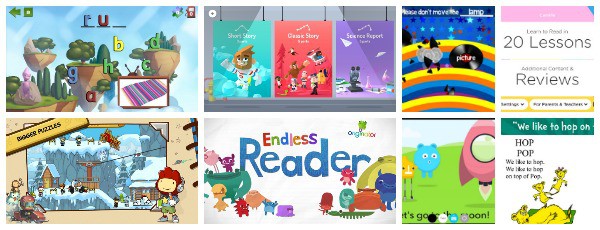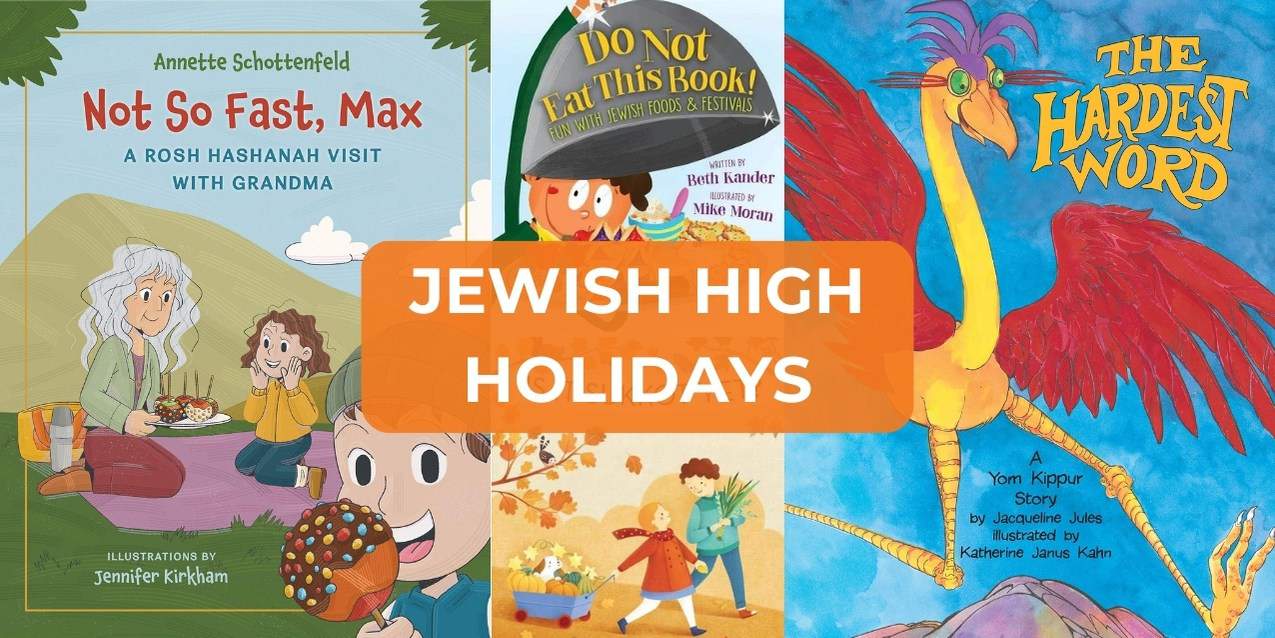5 Ways to Reach Reluctant Writers
This post may contain affiliate links.
written by author Rochelle Melander
When I started Dream Keepers, my writing program for young people in Milwaukee, I worked with a group of eager writers. They delighted in coming to meetings, practicing their craft, and sharing their work with each other. But when the program moved to the library, some of the children who showed up were reluctant to write. Here’s how we encouraged reluctant writers to tell their stories:
5 Ways to Reach Reluctant Writers
Practice storytelling
The same children who tell amazing stories will say, “But I don’t write.” I usually invite them to write down the story they just told me. Have your students practice telling stories to each other. Then teach story structure—and show them how their stories fit in the structure. After telling their story, writing it down is easy!
Pro Tip: In improv, the phrase “yes and” can bring fun and hilarity to a sketch. Invite students to play with this tool to add interest to their stories. Something like, “Yes, and what would happen if a Zombie showed up?”
Use prewriting
I’ve been writing professionally for 20 years, and I still create a mind map before I start writing. Jotting down my ideas in a mind map, list, or journal entry helps me organize my thoughts. Children who fear the blank page (What if I make a mistake?) often benefit from prewriting. When the stakes are lower—it’s just putting a few ideas on paper—the words come more easily.
Play with format
One of my students hated writing but loved drawing. He’d write graphic stories—sketching out the action of the story before adding captions. Another student wanted to be a police officer, so I encouraged him to write his story in the form of a police report. Invite students to play with telling their story in a variety of formats. I’ve found it helpful to have mentor texts available for them to use as a template.
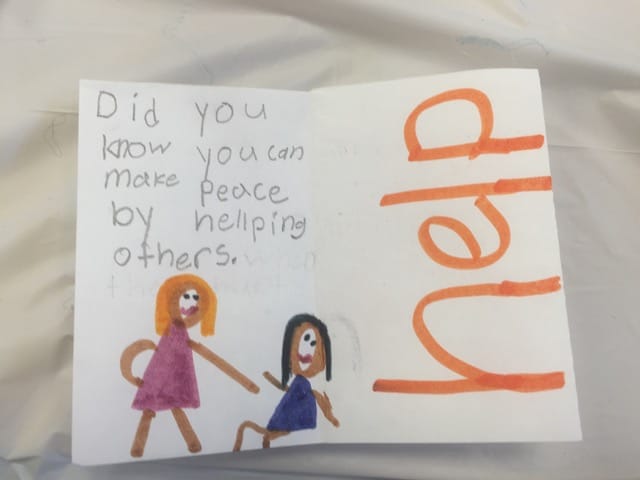
Add art
Many students preferred making art to writing. They didn’t want to compose a poem, but they thought it might be fun to cut out a snowflake, paint a rock, or draw an animal. So they did—adding words later. The art became their way into playing with words. After designing their snowflake, they wrote poems to celebrate winter. Using the rhyming dictionary, they wrote two-word poems to record on the bottom of their rocks. You get the idea.
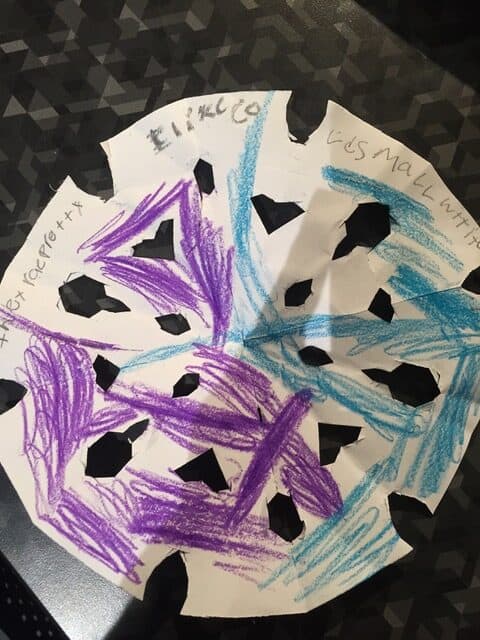
Set aside conventions—for now.
When a student wrote a truly terrifying ghost story, I gave her specific, positive feedback. We were learning revision, so I asked, “If you were to revise this, what would you add to the story?” She said, “I could check my spelling.” She wasn’t wrong, but focusing on spelling was getting in the way of improving other aspects of her story. Give students a “convention free zone” during the creative process—which includes revising. That will help them play with words.
Pro Tip: It took me a long time to learn that fixing grammar and spelling too early in the process was a waste of time. Often, I ended up cutting sentences I had worked hard to polish. Share with students the writing process as a way of explaining why writers save the polishing for later in the process.
Your turn: How have you encouraged reluctant writers to share their stories?
About Rochelle Melander
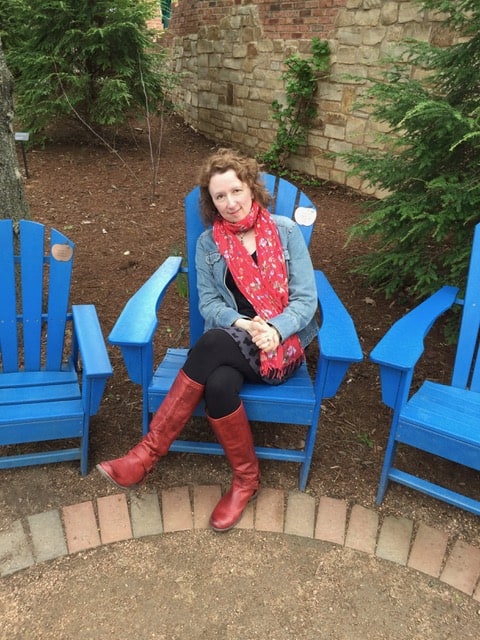
Rochelle Melander wrote her first book at seven and has published 11 books for adults, including Write-A-Thon: Write Your Book in 26 Days (and Live to Tell About It) and Level Up: Quests to Master Mindset, Overcome Procrastination and Increase Productivity. She’s a professional certified coach, an artist educator and the founder of Dream Keepers, a writing workshop for young people. Mightier Than the Sword: Rebels, Reformers, and Revolutionaries Who Changed the World through Writing is her debut book for children. She lives in Milwaukee, Wisconsin with her husband, children, and two dogs. Visit her online at writenowcoach.com or rochellemelander.com.
About the MIGHTIER THAN THE SWORD
Mightier Than the Sword: Rebels, Reformers, and Revolutionaries Who Changed the World through Writing is a middle-grade social justice book that tells the stories of historical and contemporary writers, activists, scientists, and leaders who used writing to make a difference in their lives and the world. The stories are accompanied by writing and creative exercises to help readers discover how they can use writing to explore ideas and ask for change. Sidebars explore types of writing, fun facts, and further resources.
Readers will explore nature with Rachel Carson, experience the beginning of the Reformation with Martin Luther, champion women’s rights with Sojourner Truth, and many more. These stories will engage and encourage young people to pay attention to their world, to honor their own ideas and dreams, and to embrace the transformative power of words to bring good to the world.
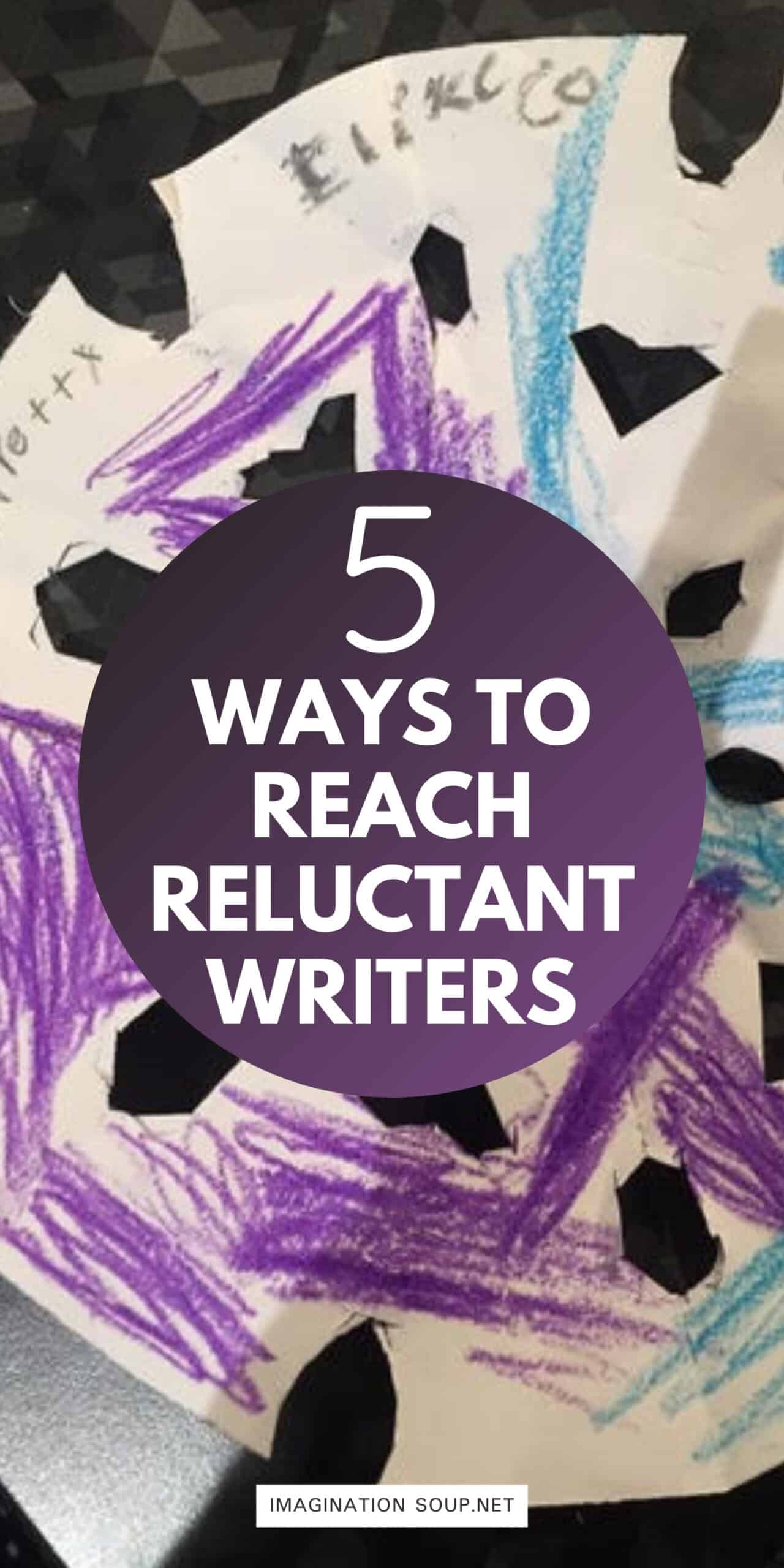
KEEP READING:
Write Your Own Latin-Based Harry Potter Spells
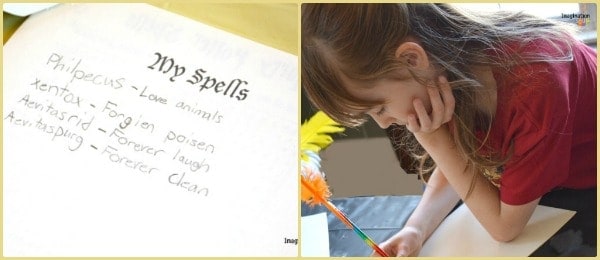
Picture Books Breaking the Fourth Wall
